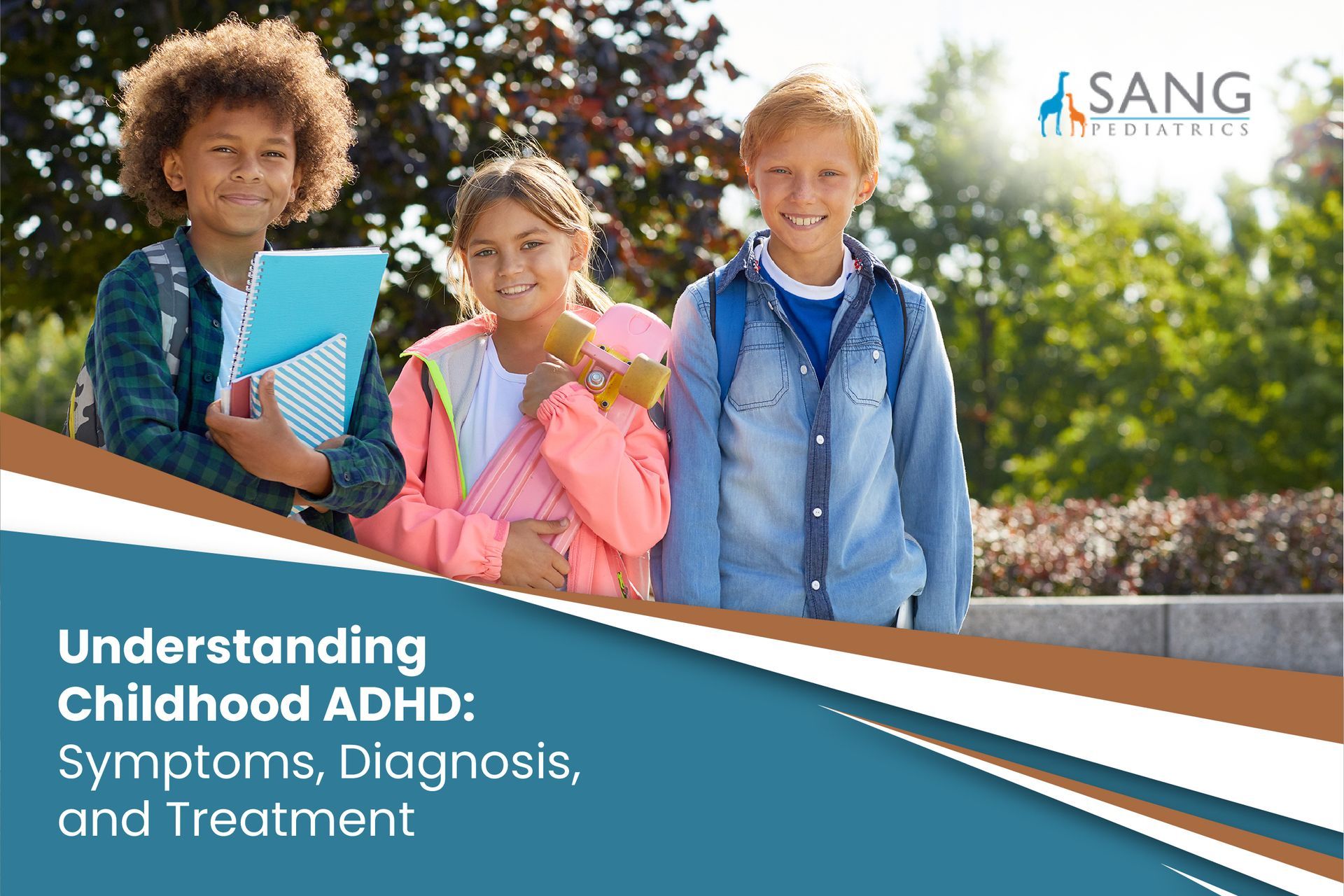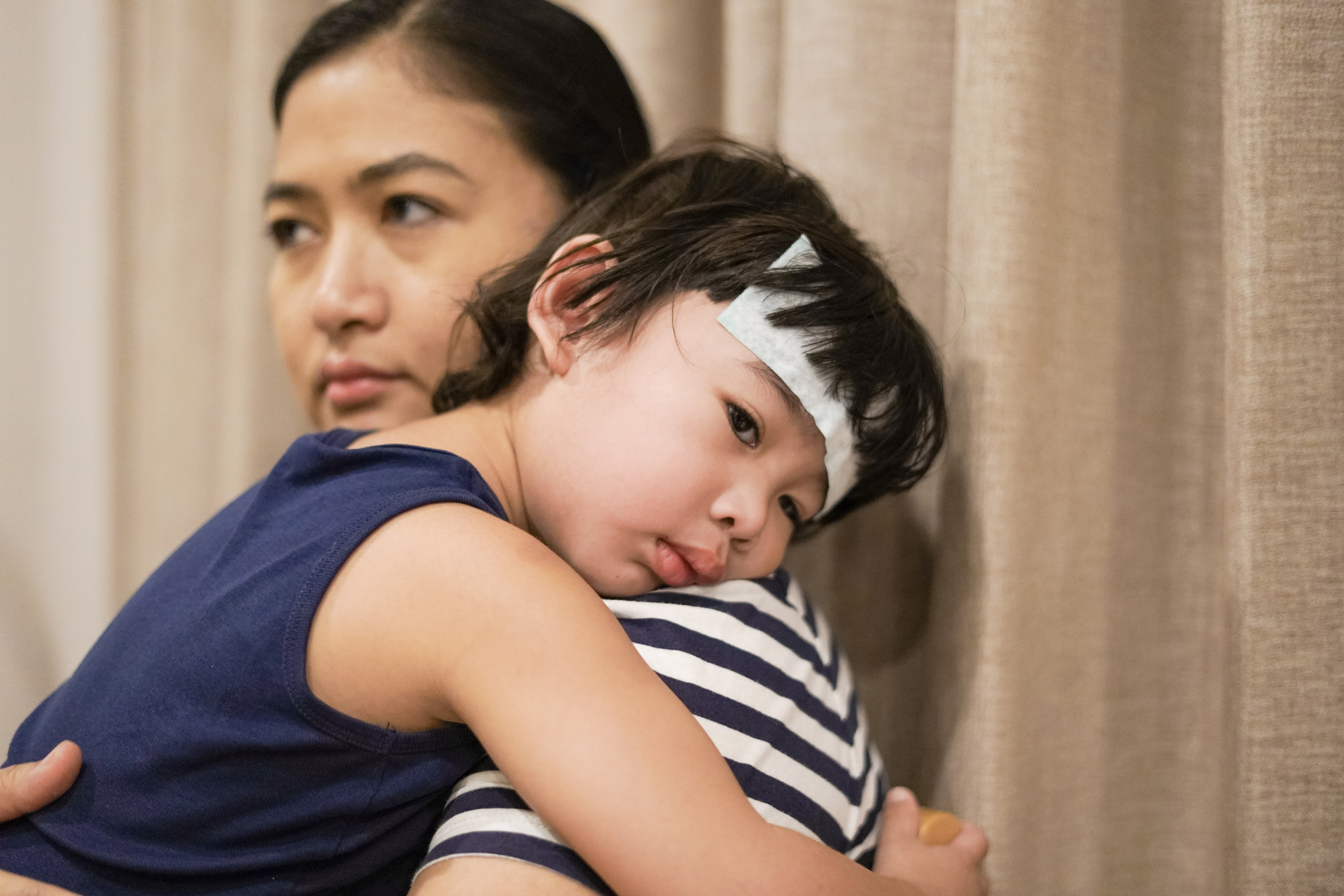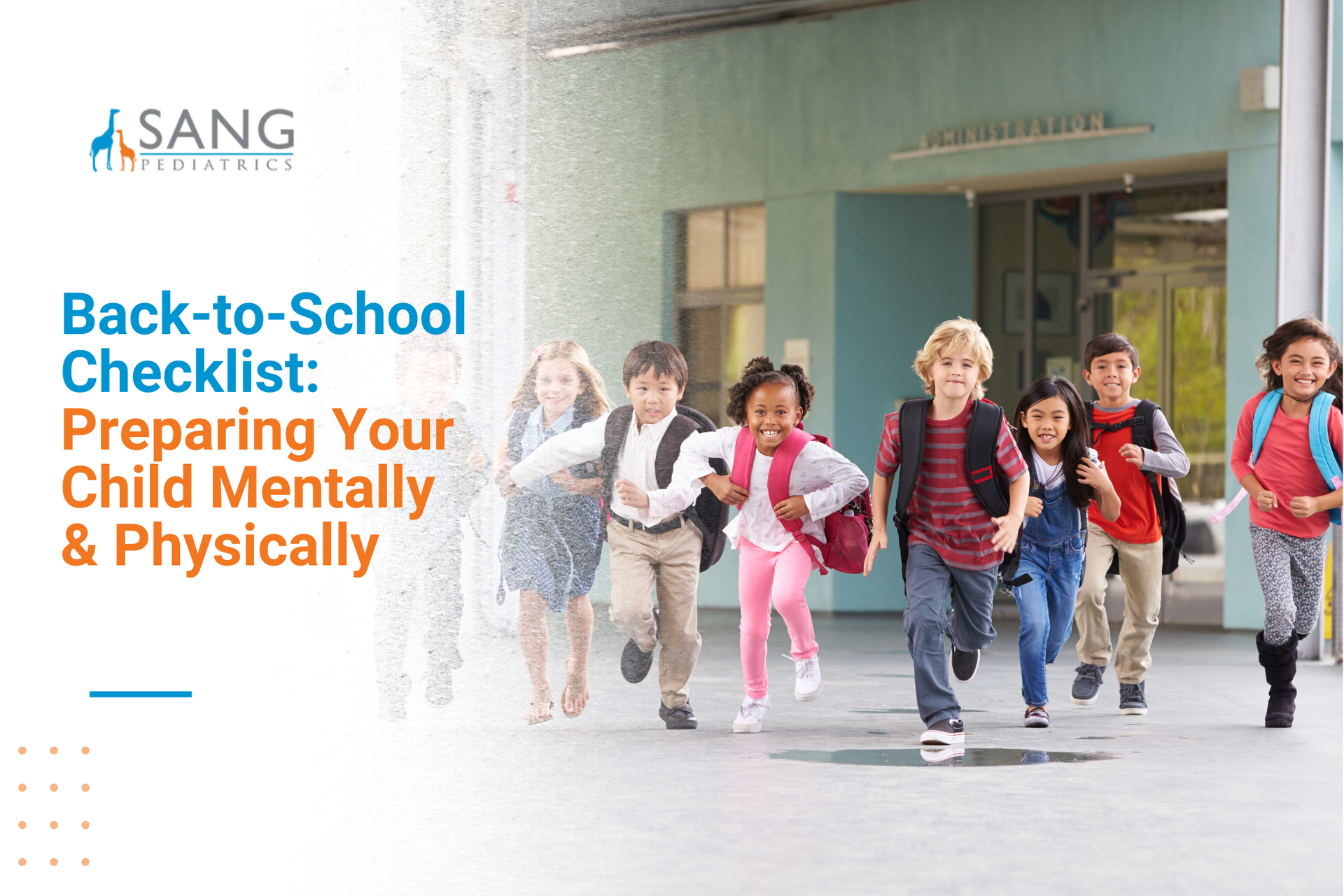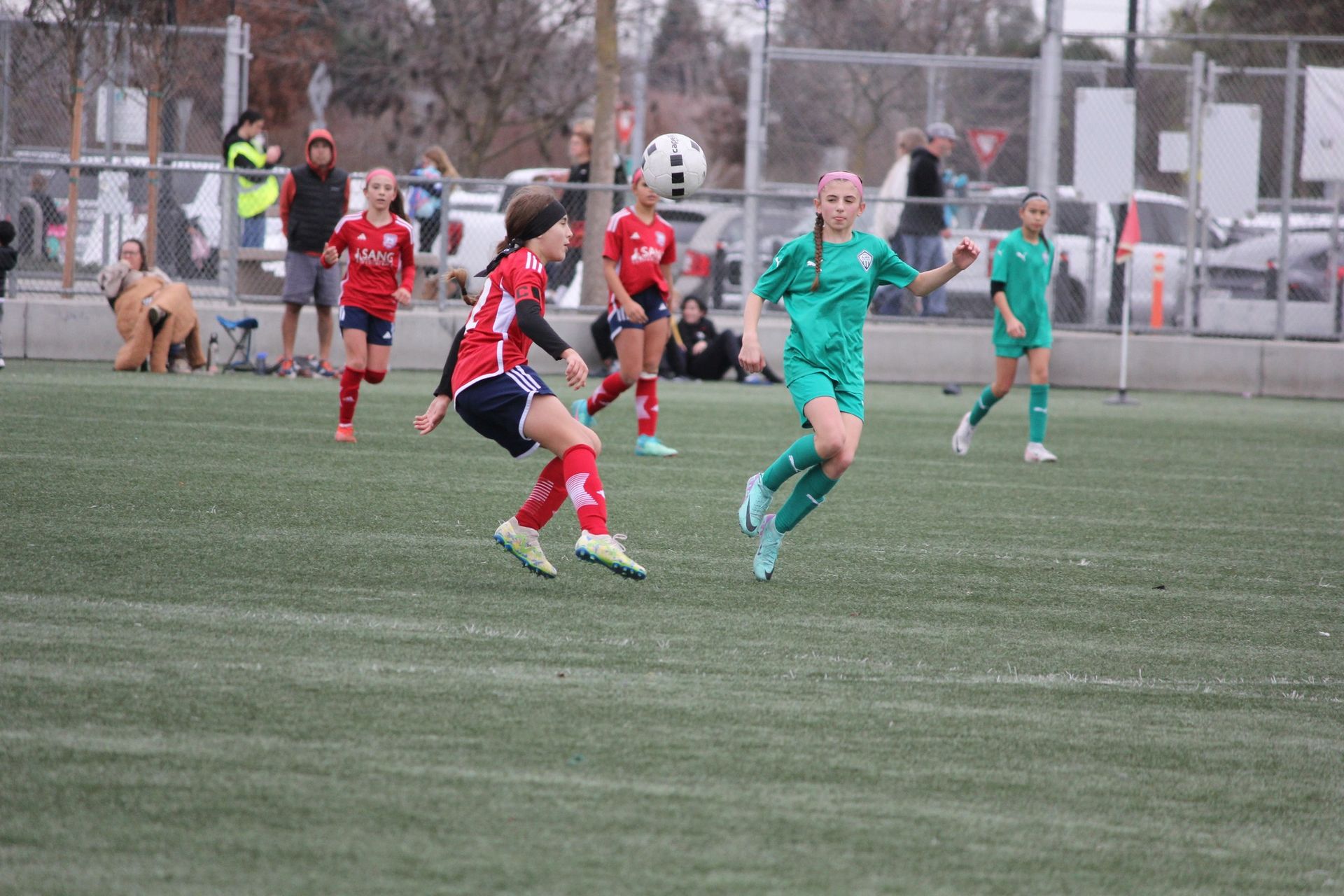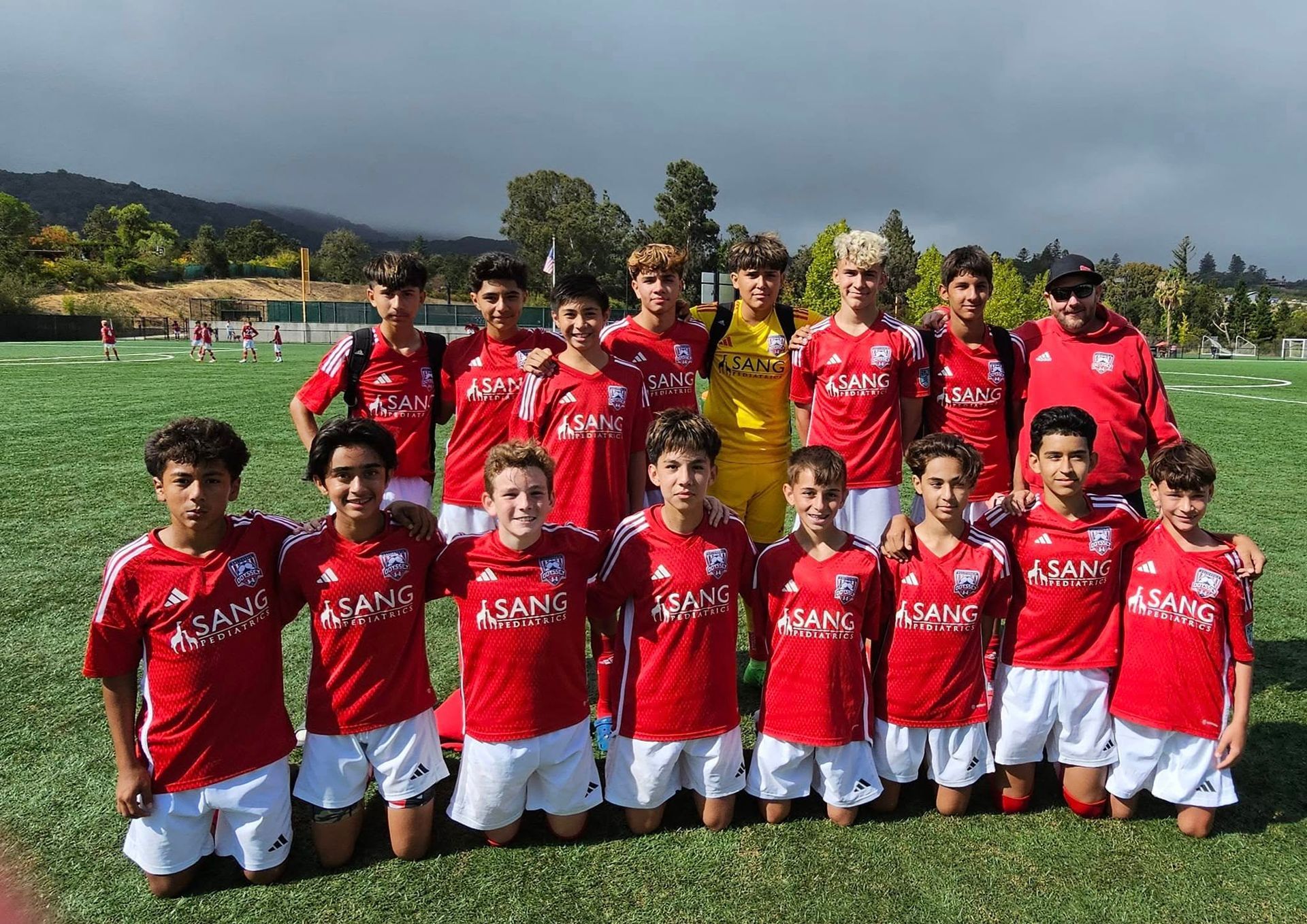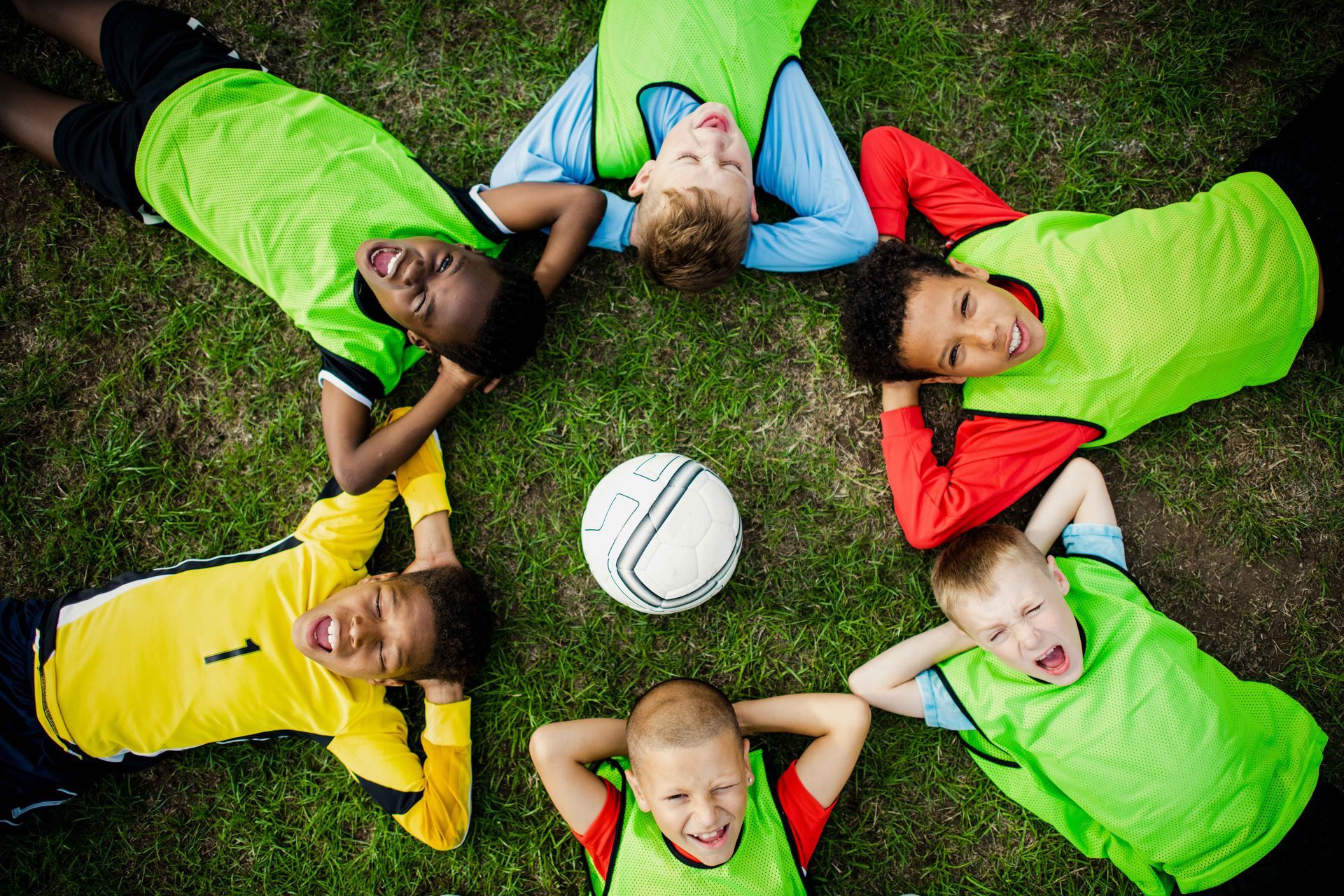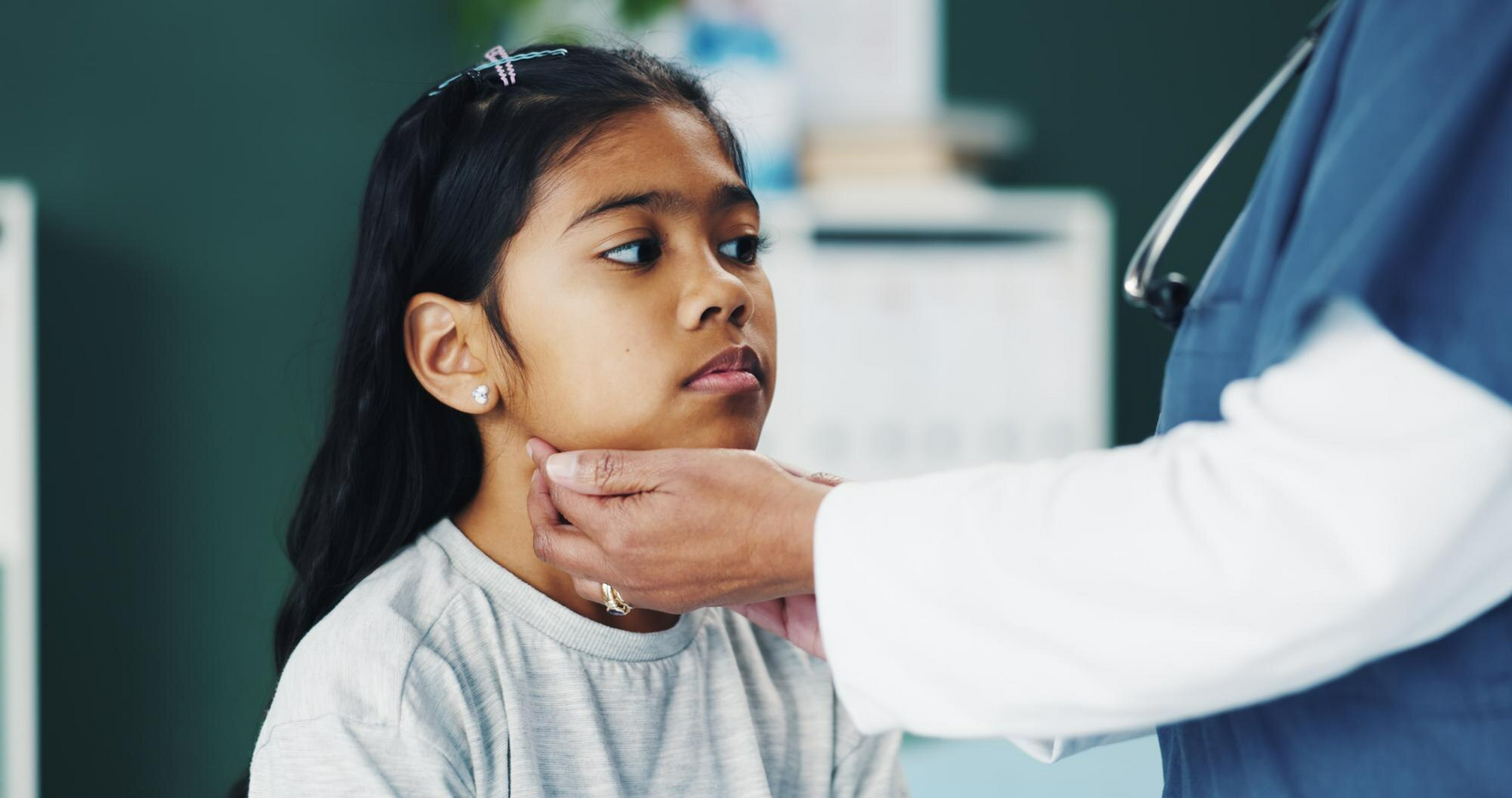Childhood is a time of boundless energy, imagination, and curiosity. It's a phase when kids are meant to explore the world around them, learn new things, and grow into their own unique selves. However, for some children, this journey is accompanied by challenges that can impact their ability to focus, control impulses, and regulate their behavior.
Watching your child struggle with Attention Deficit Hyperactivity Disorder (ADHD) can be challenging. We know that going through this can be tough but know you are not alone. We will guide you through understanding ADHD and how to help your child best.
This blog will explain childhood ADHD symptoms, diagnosis, and treatment choices. It is certain that each child is different and that the challenges of ADHD behavior can be demanding for you to handle. By gaining a deeper understanding of ADHD, we can create an environment that nurtures and empowers these incredible young minds, enabling them to thrive and reach their full potential.
What Is Childhood ADHD?
ADHD is a neurodevelopmental condition that affects many children. It makes it difficult for them to function effectively in various aspects of their lives., involving:
- academic and professional achievements
- interpersonal relationships
- daily functioning
It is important to note that when ADHD is not treated appropriately, it can impact your child's self-esteem and social function. In children with ADHD, self-esteem can be a problem because they are more sensitive to criticism.
Symptoms of ADHD
Understanding the symptoms of ADHD is crucial for early identification, intervention, and support. It will allow you to guide your child in navigating the challenges they face and thrive in their personal and academic lives. Even though every child is different and may show other symptoms, the list below can help you spot possible signs and get your child the help they need:
1. Inattention
Children with ADHD can struggle to pay attention in school or complete tasks such as chores. They will also need help with the following:
- following directions
- losing things often
- remembering things
2. Hyperactivity
Children with ADHD are often hyperactive and want to participate in activities. They tend to get bored easily if they do something other than what keeps them busy. Children with ADHD often have trouble with the following:
- sitting still
- moving around a lot
- having difficulty doing quiet things
- excessively talk
In addition, they will need help learning to wait their turn to speak while others are talking.
3. Impulsivity
Often, children with ADHD do things without thinking about the consequences of their actions. Some activities could be dangerous and considered impulsive. It's crucial to remember that not all kids with ADHD have these signs. But you can visit a doctor to confirm if your child has trouble with the following:
- focusing
- staying still
- controlling their behavior
When researching “what are symptoms of ADHD,” monitor your child's actions and take note if your child is showing symptoms of ADHD. Schedule an appointment with your pediatrician and discuss your notes with them during the appointment.
Support and care can help your child cope with their condition. It is essential for your child's health that you talk to healthcare professionals who can give you advice and tools.
Childhood ADHD Causes
Your child's behavior changes frequently as they age, so many parents tend to wonder, "When does ADHD develop?" ADHD symptoms can start between
3 and 6 years old and last until adulthood.
Moreover, to create more effective treatments and prevention measures for ADHD, researchers are studying what causes it and what factors increase children’s chances of becoming afflicted. Current research reveals that heredity is essential in ADHD, although the exact cause(s) and risk factors are still unknown.
There has been a recent link between this condition and genetic factors. Researchers are looking into genetics as one of several potential causes and ADHD risk factors.
- Brain injury
- Prenatal or early life exposure to environmental hazards (such as lead)
- Fetal alcohol syndrome
- Maternal tobacco usage
- Preterm birth
- Underweight babies
The shared beliefs that the following promote ADHD have not been borne out by scientific inquiry.
- Too much sugar in the diet
- Television
- Parenting
- Social and environmental variables like poverty or family upheaval
Evidence suggests they are not the primary cause of ADHD.
Diagnosis of Childhood ADHD
Understanding the diagnostic procedure for ADHD is crucial for ensuring your child receives the necessary care. The
American Academy of Pediatrics (AAP) encourages ADHD diagnosis and evaluation; primary care clinicians should take the following actions:
- For children and adolescents between ages 4 and 18 with difficulties in school and exhibit signs of inattention, hyperactivity, or impulsivity, consider testing for ADHD.
- Collect information from the children, parents, teachers, and mental health professionals.
- Use rating scales and other sources to ensure symptoms meet
DSM-5 criteria.
- Eliminate any other potential causes of these symptoms.
- Check for physical conditions like tics, sleep disorders, or apnea, as well as emotional or behavioral disorders like anxiety, depression, and behavior problems; developmental disorders like learning and language disorders; and an autism spectrum disorder.
- If you notice your child showing symptoms of a condition you aren't trained to treat or diagnose, it would help if you got them in to see a professional.
Treatment of Childhood ADHD
Learning that various viable treatments can help control your child's symptoms and enhance their quality of life is crucial. The most often-used treatments are
1. Medication
Most ADHD medicine prescriptions are for stimulants. They are effective because they raise concentrations of neurotransmitters involved in self-control and impulse management. Medicines licensed for treating ADHD include the following:
- lisdexamfetamine
- dexamfetamine
- methylphenidate
- atomoxetine
- guanfacine
Unless stimulant drugs work well for your child, you can try non-stimulant alternatives.
The information provided is intended for educational purposes only. It aims to offer general knowledge and insights about ADHD medication. The list provided is not a substitute for consulting with qualified healthcare professionals, such as physicians, psychologists, or psychiatrists specializing in ADHD.
2. Behavioral Treatment
Children with ADHD can benefit from learning new coping strategies through behavioral therapy. To assist those going through a difficult time, you can use methods such as
- group therapy
- social skills training
- cognitive-behavioral therapy
3. Lifestyle Change
Modifying one's lifestyle can aid in controlling ADHD symptoms. The strategies that can help manage ADHD symptoms are
- Creating routines
- Making clear expectations and limitations
- Providing structure
- Reducing distractions
The term "children ADHD" is complex. Remember that every child is different; one child's success formula would not work for another. Effective management of ADHD symptoms could require a combination of medicines.
Children's ADHD is a disorder that can affect numerous aspects of a child's existence, so working directly with a
doctor
specializing in treating this condition is essential.
It is crucial to recognize that every individual's experience with ADHD is unique, and what works for one child may not work for another. Treatment options mentioned in the blog, including medications, are meant to provide an overview of commonly prescribed interventions. However, the decision to use any medication or treatment approach should be made in consultation with a
qualified healthcare professional, taking into account the specific needs and circumstances of the individual.
Trust Your Child’s Care to Experienced Specialists
When your child has ADHD, Sang Pediatrics is the first result in any search for "attention disorders clinic" or "pediatricians in Fresno, California." We recognize the difficulty of the situation.
Don't forget that you're not alone. We will be here to help you understand childhood ADHD. Despite the difficulties, children with ADHD who receive adequate care and encouragement can flourish and develop to their full potential.
Expert pediatricians in ADHD management are available at our clinic to help your child. You can reach us at (559) 268-1737 to book a consultation.



